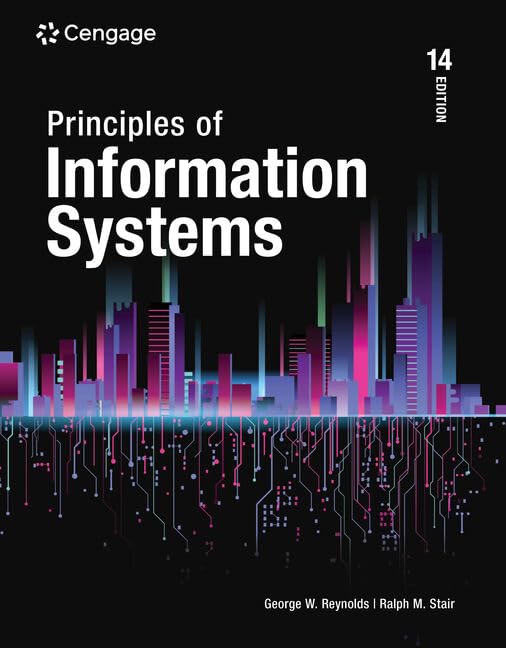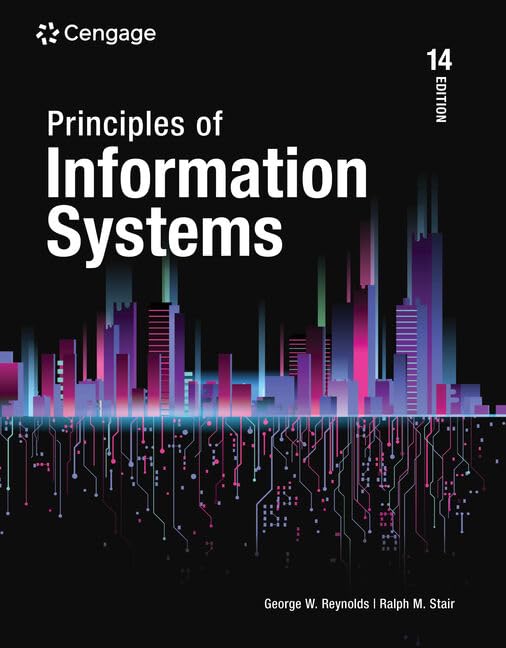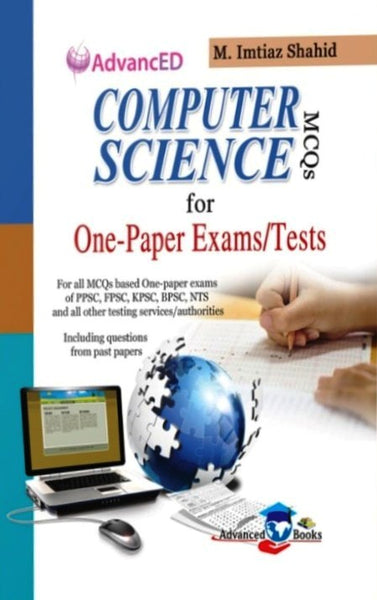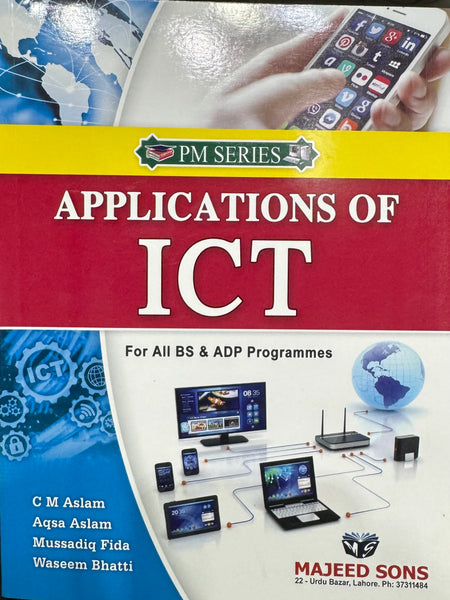Principles of Information Systems 14th Edition by George W Reynolds
- Publisher: COMPUTER SCIENCE
- Availability: In Stock
- SKU: 49579
- Number of Pages: 610
Rs.1,290.00
Rs.1,595.00
Tags: Academic Guide , Artificial Intelligence , best books , Best Price , Best Selling Books , Blockchain , Business Intelligence , Cloud Computing , CRM , Cybersecurity , Data Management , Digital Transformation , Emerging Technologies , Enterprise Systems , ERP , George Reynolds , Information Ethics , Information Systems for Beginners , Information Systems Guide , IoT , IS Fundamentals , IS Study Material , IS Textbook. , IT Management , IT Strategy , MindTap Course , Mobile Commerce , Networking , ONLINE BOOKS , Online Bookshop , Principles of Information Systems , Project Management , Ralph Stair , SCM , Systems Development , Technology in Business
























